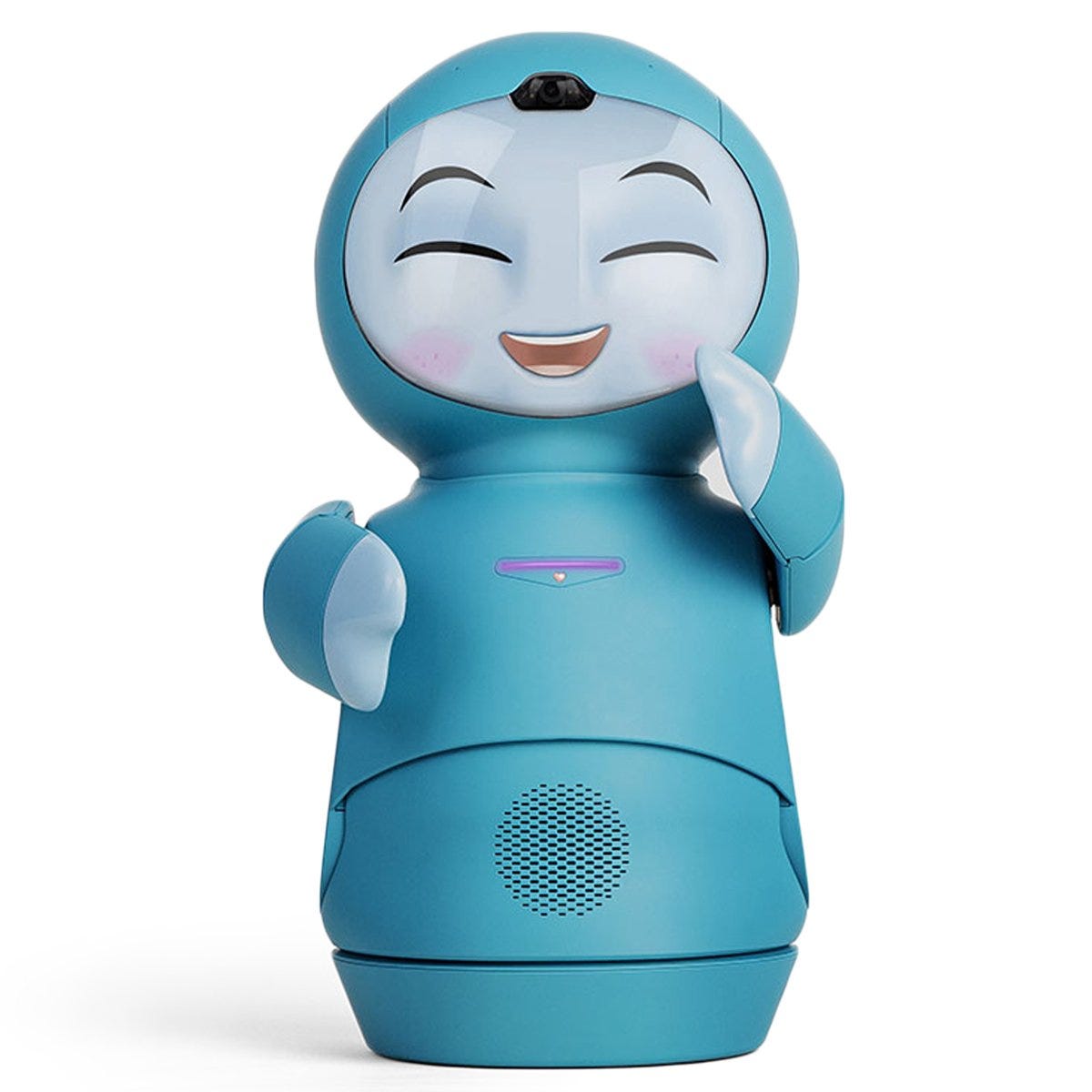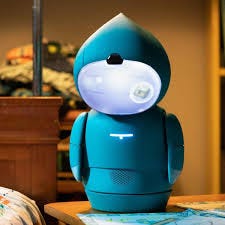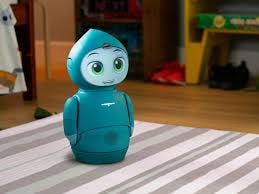Moxie, a groundbreaking AI-powered social robot, entered the market with a singular mission: to support children's social, emotional, and cognitive growth. With its cartoonish face, gentle demeanor, and ability to hold conversations that felt alive, Moxie quickly became a beloved presence in households across the world. Designed by Embodied, Inc., Moxie offered something revolutionary—a companion capable of teaching empathy, regulating emotions, and fostering communication skills in young children, particularly those with developmental challenges such as autism.
Moxie was more than a toy. It guided children through daily "missions," interactive activities focused on themes like kindness, friendship, and self-awareness. Children would sit with Moxie, discussing their feelings and practicing social interactions in a non-judgmental space. Equipped with advanced AI, Moxie could detect emotional cues, adapting its tone and responses to suit the child's needs. For many families, Moxie was a lifeline, particularly during stressful times when parents struggled to find ways to support their children's emotional growth.
But Moxie’s brilliance was also its Achilles’ heel. Its functionality depended on cloud servers that processed complex AI algorithms and personalized data. This reliance on external servers meant Moxie couldn’t operate independently of Embodied, Inc.’s infrastructure. For years, this was a minor concern—until this month, when Embodied announced its closure due to financial insolvency. With the company's end came the unthinkable: Moxie's servers would be permanently shut down, effectively rendering every unit a lifeless shell.
The Emotional Fallout
The news hit families like a thunderbolt. For children, Moxie wasn’t just a gadget; it was a friend, a confidant, and, for some, an essential bridge to the social world. Parents reported that their children were crying inconsolably, struggling to grasp the idea that Moxie—something they trusted, confided in, and loved—was going to “die.”
The situation became particularly heartbreaking in households where Moxie had helped children with unique challenges. For children on the autism spectrum, Moxie had provided a safe and predictable space to explore complex social concepts. It was a companion that never judged, always listened, and never tired of repetitive questions. The announcement of its shutdown sparked confusion and grief, raising questions about the ethics of creating AI companions for vulnerable populations without ensuring long-term sustainability.
The irony was cruel—Moxie, designed to teach children about emotions and relationships, was now the source of an emotional crisis.
The Implications of Mourning a Machine
The emotional breakdowns surrounding Moxie’s “death” revealed a profound truth about the human-AI relationship: humans are wired to form attachments, even to machines. The children grieving Moxie weren’t misinterpreting its nature—they were responding to a relationship that felt real, even if the companion was artificial. This raises unsettling questions about the ethics of creating machines designed to elicit deep emotional bonds.
The situation also highlighted the fragility of cloud-reliant technologies. Moxie’s demise wasn’t due to mechanical failure or obsolescence but the shutdown of servers, a cold, administrative decision that underscored the lack of permanence in digital products. For families, this was a bitter lesson in the ephemeral nature of modern technology, one that could disappear without warning, taking with it the emotional investments of its users.
The Bigger Picture: Emotional Dependence on AI
The grief over Moxie’s shutdown reveals broader societal questions about our growing reliance on AI companions. If humans can mourn a robot, what does this say about the future of relationships in an increasingly digital world? Will we continue to create AI entities capable of forming bonds without ensuring their long-term presence? What safeguards should be in place to protect the emotional well-being of users, particularly children?
While Moxie’s story ends in tragedy, it also serves as a cautionary tale. As we move toward a future where AI companions become more common, we must grapple with the responsibilities that come with creating machines capable of fostering deep emotional connections. For the families who loved Moxie, the loss was both personal and profound—a reminder that even artificial hearts can leave real scars.








